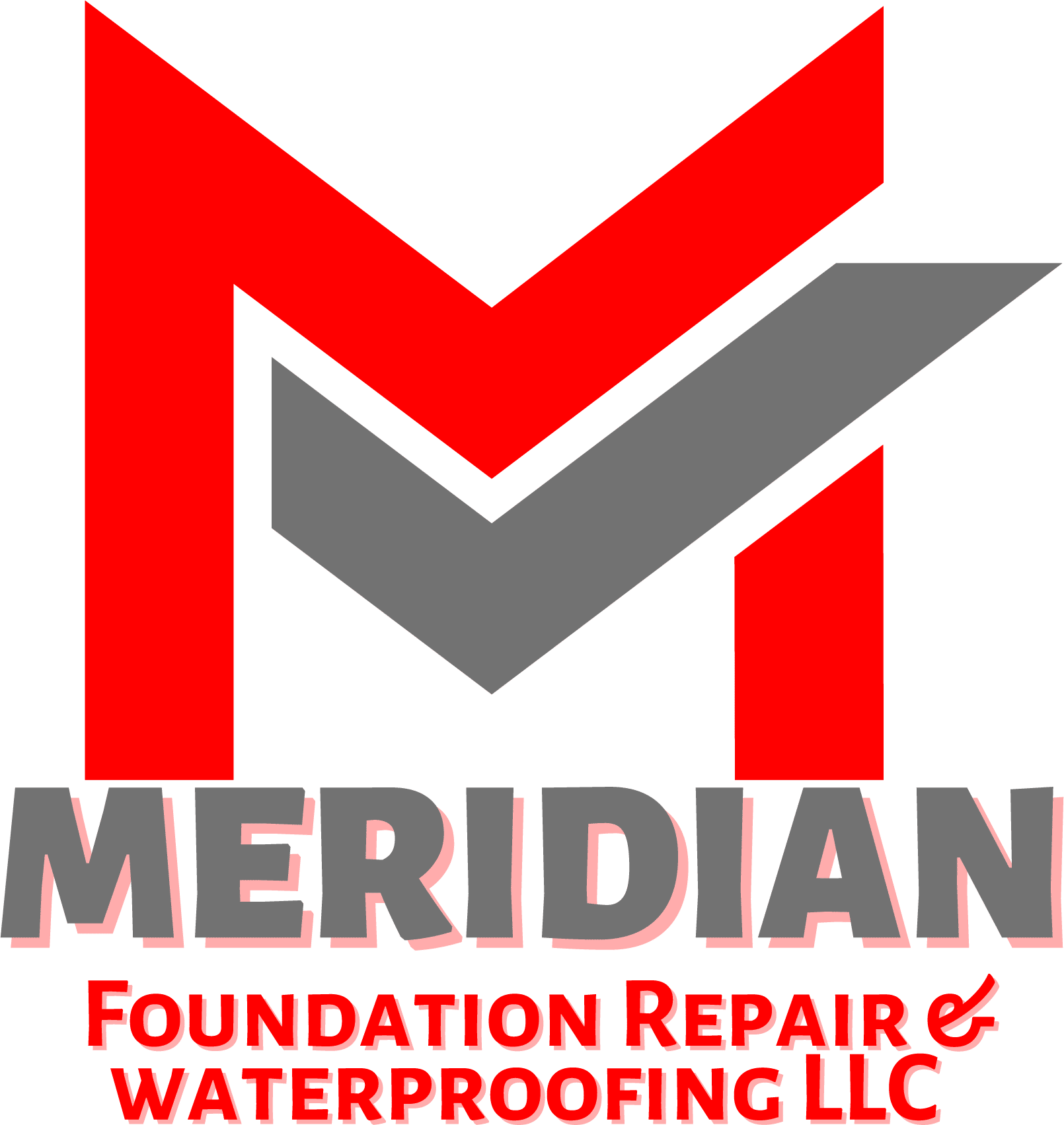Mold remediation can be a complicated and sometimes difficult process, which carries important legal consequences for both property owners and remediation companies. In this article, we will delve into the legal aspects of mold remediation and provide insights on how property owners and remediation companies can safeguard themselves from potential liability.
The Legal Implications of Mold Remediation
Mold remediation is the process of identifying, containing, removing, and disposing of mold from a property. It is necessary to address the health risks associated with mold exposure and the damage it can cause to the property. However, there are legal implications to consider as well, especially regarding liability for property damage, personal injury, and environmental contamination.
One of the main legal concerns in mold remediation is the possibility of property damage claims. If left untreated, mold can cause significant harm to buildings, including structural issues, water damage, and other costly problems.
Furthermore, mold exposure can result in personal injury claims. It can lead to various health issues such as respiratory problems, allergies, and other long-lasting conditions that are serious in nature. Lastly, improper containment or disposal of mold during remediation can lead to environmental liability. Mold spores are easily spread, and if not handled correctly, they can contaminate the environment and pose risks to both human health and the ecosystem.
Tenant-Landlord Issues Concerning Mold
- Landlord’s Responsibility: Landlords are responsible for providing habitable living conditions, which include addressing mold issues. Landlords must promptly remediate mold growth and prevent future mold growth in their rental properties. Landlords are also required to disclose any known mold issues to their tenants.
- Tenant’s Responsibility: Tenants are responsible for maintaining the property they are renting and reporting any mold issues to the landlord as soon as possible. If the tenant’s actions, such as failing to ventilate the property properly or allowing excessive moisture, contribute to mold growth, the tenant may be responsible for remediation costs.
- Rent Withholding: In some cases, tenants may be able to withhold rent or terminate their lease if the landlord fails to address a mold issue. However, tenants should seek legal advice before taking such action, as it can be complicated.
Protecting Yourself From Liability
Given the potential implications of mold remediation, property owners and remediation companies need to protect themselves from liability when dealing with mold remediation. Here are some tips for protecting yourself from liability when dealing with mold remediation:
- Understand The Legal Requirements: Before starting any remediation work, ensure you understand the legal requirements. This includes any state or local, and federal regulations that may apply.
- Hire A Professional: One of the best ways to protect yourself from liability is to hire a professional mold remediation company. Professional companies have the training, experience, equipment, and expertise to remove mold safely and effectively from your property.
- Use Proper Containment Procedures: Proper containment is essential to prevent the spread of mold spores during remediation. This includes sealing off the affected area and using air scrubbers and other equipment to prevent the spread of spores.
- Dispose Of Mold Properly. Proper disposal of mold is essential to prevent environmental contamination. Mold should be disposed of following local and state regulations, and all contaminated materials should be properly sealed and disposed of.
- Use Protective Equipment: When working with mold, ensure to use protective equipment such as respirators, gloves, and eye protection. This can help prevent exposure to mold spores and other hazardous substances.
- Document The Process: Keeping detailed records of all mold remediation work is important for liability protection. This includes documentation of the work performed, materials used, and any issues or challenges encountered during the remediation process.
- Review Insurance Coverage. Finally, it is important to review your insurance coverage to ensure that you are adequately protected against any potential liability associated with mold remediation. This includes liability coverage for property damage, personal injury, and environmental liability coverage.
- Reporting Mold: Tenants should report any mold issues to their landlord in writing and keep a copy for their records. The landlord should respond promptly and take appropriate action to remediate the mold.
Conclusion
Dealing with mold remediation can be a difficult task, especially considering the legal ramifications it carries for both property owners and remediation companies. However, by familiarizing themselves with the legal obligations and taking necessary precautions, property owners and remediation companies can safely and efficiently eliminate mold from their properties without exposing themselves to legal or financial consequences.


